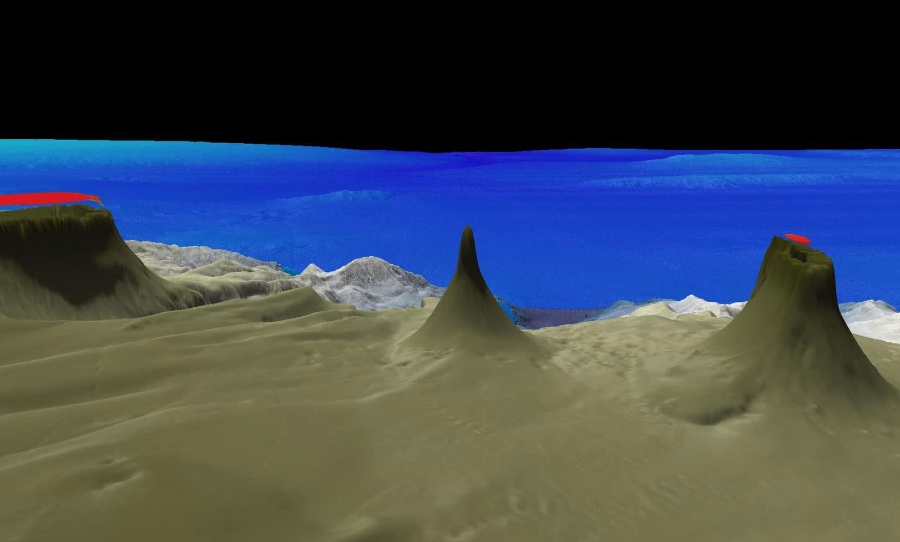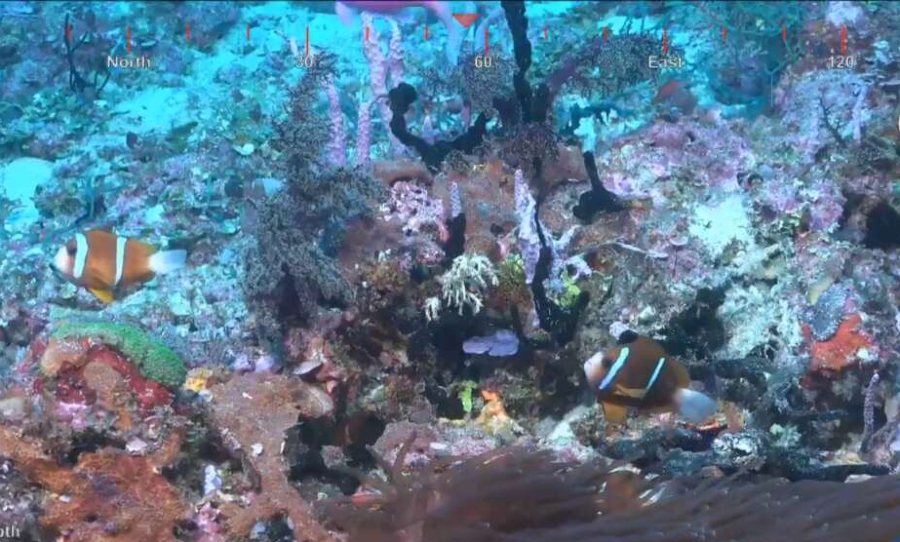The Schmidt Ocean Institute has discovered the first new area of the Great Barrier Reef in 120 years – and it’s taller than the Empire State Building.
Scientists have discovered a 500-metre high reef, the first to be found off Australia’s Great Barrier Reef since the late 19th century.
The discovery of the detached part of the reef was made by the Schmidt Ocean Institute, who is on a 12-month mission to study relatively unexamined areas of the Great Barrier Reef.

The newly discovered reef is said to be in great condition, supporting an abundance of coral, fish, and sharks – a positively surprising discovery considering the mass bleaching occurring on much of the Great Barrier Reef.
More astounding, however, is the enormity of the newly-discovered reach, which spans 1.5 kilometres at its base and clocks in at over 500 metres in height.
For reference, the reef would stand at 11th place in tallest buildings in the world, beating out the likes of the Empire State Building, Sydney’s Tower Eye, and Malaysia’s Petronas Towers (the tallest twin towers in the world).
Scientists haven’t ruled out finding more detached reefs either, with these sorts of reefs surrounded by cool deep oceans less likely to be affected by rising temperatures than other reefs, acting as a sanctuary for species.
More than half of the Great Barrier Reef has lost its coral to ocean warming and mass mortality events pic.twitter.com/Jn5ZCXmXJM
— NowThis Impact (@nowthisimpact) October 24, 2020
Tom Bridge, from the expedition’s principal investigator, told The Guardian: “What it highlights is how little we know about a lot of the ocean, even the Great Barrier Reef.”
He continued, “We know more about the surface of the moon than we know about what lies in the depths beyond our coastlines.”
The expedition is in part aimed at increasing the mapping of the deep ocean, with only 20 per cent currently mapped with modern tools.
One of the most fascinating experiences of my lifetime was snorkeling in Australia’s Great Barrier Reef. Just breathtakingly beautiful. These coral are alive & should not be touched to preserve the reef. #ONEV1 #OVTTDS #TTDS pic.twitter.com/Xnqa7ERLvR
— Kim Simmons 🌻 (@KimSimmons11) October 28, 2020



